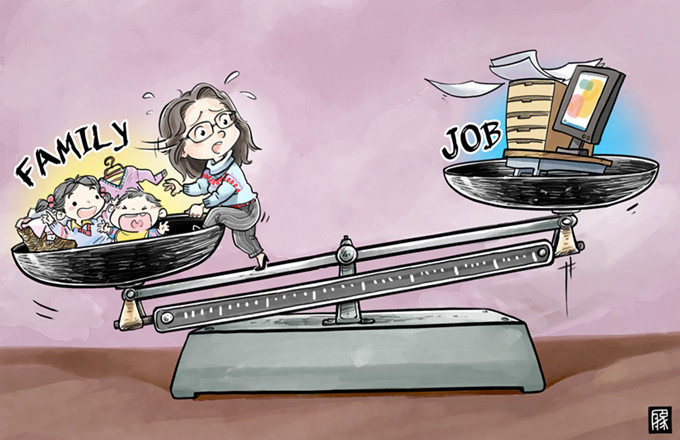Dated practice bane of Japan manufacturing
 |
|
Nissan unveils its new electric vehicle LEAF during Wednesday's media preview of the 2017 Tokyo Motor Show at Tokyo Big Sight.[Provided to China Daily] |
The reputation of "Made in Japan" products is at stake after a string of data-tampering scandals surrounding Kobe Steel, Nissan, Mitsubishi and other Japanese companies have come to light. The plight of Japanese manufacturers could worsen as the executives of some scandal-tainted companies have been equivocating over their misconducts.
In fact, Japan's manufacturing sector risks collapse if the Japanese companies, long known for their obsession with quality and craftsmanship, can no longer be trusted.
That the Japanese media and people did not go easy on these "cheating" conglomerates-Kobe Steel has scrapped its financial forecast in the wake of the scandal-is proof that public supervision still works. But the erosion of "Japanese perfectionism" did not happen overnight and the lessons could have been heeded a lot earlier.
The first lesson is about protective governments and insufficient competition. The bulk of the scandal-hit companies such as Nissan are affiliated to Zaibatsu, the groups that control industry, business and finance in Japan. Nissan has been accused of hiring unqualified technicians to carry out quality checks on its cars while Mitsubishi reportedly fabricated fuel consumption data last year.
Unlike their rivals, such as Toyota and Panasonic, they are rarely exposed to "real", threatening problems such as heavy debts and recall of products from overseas markets due to quality concerns. Ironically, it is often the "tested" private enterprises that have grown into trans-nationals with greater competitiveness and fewer manufacturing scandals.
Japan's aging population is also responsible for the confidence crisis facing the country's data-tampering companies. A shrinking working-age population, which peaked way back in 1995, has not taken a toll on productivity thanks to technological advancements, but the archaic practice of lifetime employment and the culture of rehiring seasoned workers, designed to maintain high-quality standards, is indeed compromising quality production. Since the practice has made it harder for younger generations to get promoted or feel secure about their jobs, "Made in Japan" products are losing their competitiveness.
A similar dilemma faces Germany, which too is known for its allegiance to product perfection, and therefore the risk is high that "made-in-Germany" products could soon lose their magic if more skilled, qualified immigrants are denied access.
Some Japanese elites still refuse to see the problem. And this institutional complacency is best exemplified by Japanese Prime Minister Shinzo Abe. Japan's native population fell by 308,000 to 125.6 million last year. And although a 7 percent rise in foreign resident population-an increase of 148,959 to 2.3 million-somewhat offset the decline in the native population, there is little doubt that Japan's domestic market is shrinking, and calling for changes in both social governance and employment rules.
But rather than facing up to and alleviating the domestic pains, Abe is bent on practicing "active pacifism" and around-the-globe diplomacy.
There is still hope, though. The Japanese media and people have bombarded the cheating companies with not just criticism but also advice. And it is important that their voices are heard and taken seriously by the Japanese elites, who are often tempted to blame "irresponsible" enterprises instead of accepting the fact that Japan is no longer on the rise and trying desperately to fix institutional flaws.
The author is an associate professor at University of International Business and Economics, and a research fellow at Yokohama National University of Japan.





















